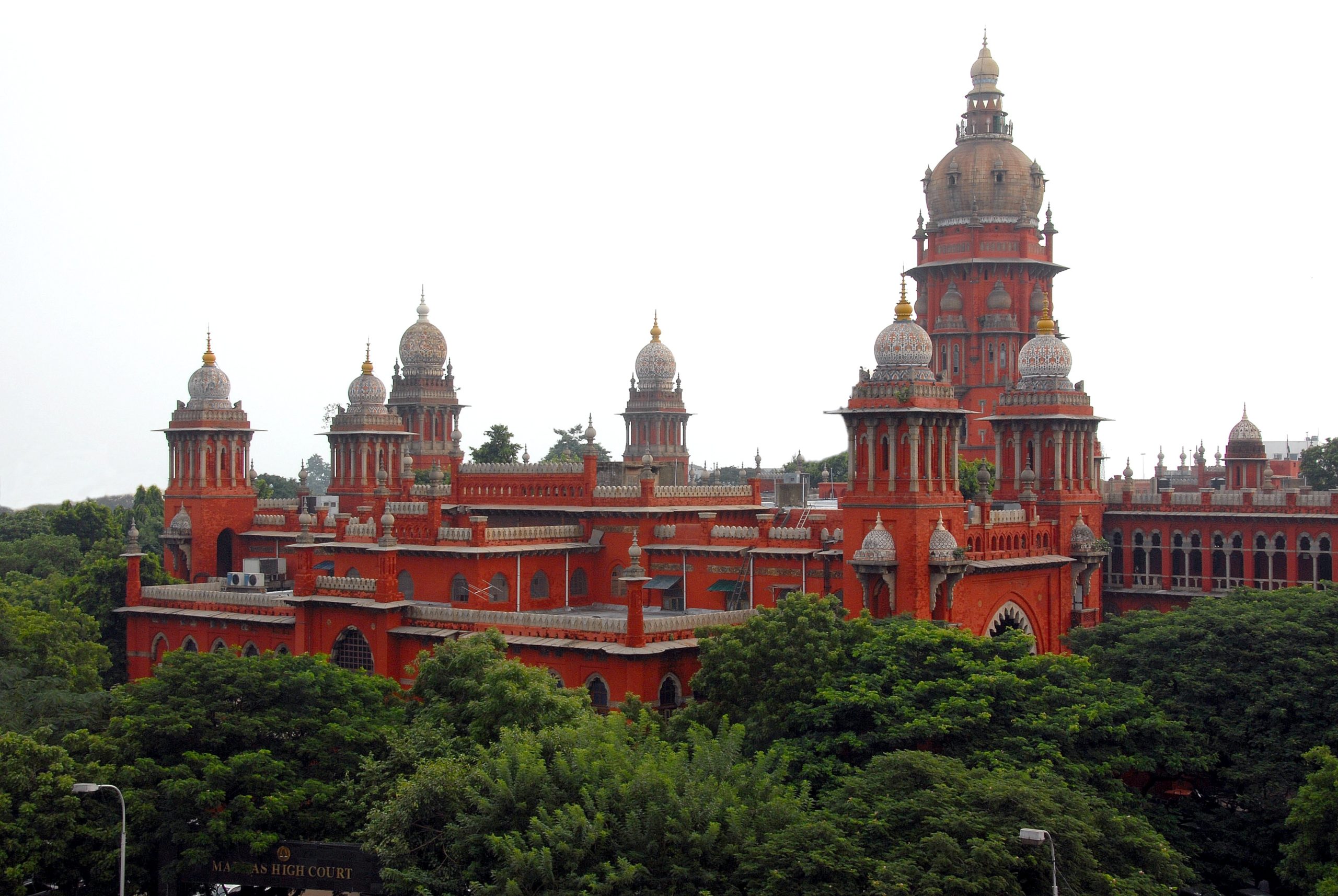
Amid the Corona situation, the Tamil Nadu State Government has warned NGOs, private organisations and individuals against the distribution of essentials to the needy. At first sight, the TN Govt’s stance may seem displaced given the duress and distress people are undergoing amid the lockdown, but the reasoning behind the restriction imposed is to keep the pandemic situation in control. Noteworthy is the instance in Coimbatore where a man who returned from Delhi having traveled in the flight amongst other COVID-positive passengers who ignorantly engaged in social work despite being clearly advised to maintain a 14-day quarantine, exposing his contacts to COVID-19 virus. Both Central and State Govts. are facing extraordinary hurdles in balancing between controlling the pandemic and managing the welfare and well-being of its citizens.
The Opposition party, Dravid Munnetra Kazhagam (DMK) has moved a Writ Petition before the Hon’ble Madras High Court against the restrictions imposed by the TN State Govt. The Hon’ble Madras High Court has conceded with the TN State Govt for the most part and disposed of the petition with 10-point directives to the State Govt. while rejecting the petitioner’s plea against the requirement of prior permission from TN Govt.
The Hon’ble Division Bench of the Madras High Court has passed the following directions to the State Govt.
i) The petitioner organisation or other similar organisation, nongovernmental organisations, individuals or group of individuals shall intimate the District authorities concerned, as already notified by the government, 48 hours in advance prior to distribution of food and other materials to the poor
(ii) As far as distribution of food is concerned, on receipt of such intimation, the Food Safety Officer concerned shall cause an inspection of the place where the food is likely to be distributed with respect to the health condition of the person (s) who is/are engaged in preparation of the food as well as the quality of the food to be served. After the Food Safety Officer is satisfied with the above norms, the petitioner party can proceed with the distribution of food
(iii) It is made clear that the preparation and distribution of food has to be effected within the zone, in respect of Corporation limits and within the police Station limits in rural areas. However, there shall not be any distribution
of food within the areas earmarked as ‘hot spots’ by the Government.
(iv) It is further made clear that the distribution of the food has to be completed within a time to be specified. However, in case, if the distribution of food could not be completed within the time, the District authorities can consider extending the time on their discretion by one or two hours.
(v) The place where the food is likely to be served has to be sanitised by the authorities concerned prior to effecting distribution so that it will be fit for such distribution of food
(vi) The State can deploy police officials to regulate the recipient of food
(vii) The State shall permit three organisers, excluding the driver, who organise the distribution of food, along with an elected representative, to be present at the venue
(viii) More than three persons shall not travel in one vehicle to carry the food items to the place of distribution and they shall strictly adhere to the preventive measures announced by the Government in exercise of powers under Section 144 of the Code of Criminal Procedure.
(ix) The petitioner organisation or other similar organisation, nongovernmental organisations, individuals or group of individuals shall strictly ensure that social distancing norm is followed during distribution of food and there is no deviation, whatsoever
(x) It is well open to the District authorities to impose such other condition that may be reasonable to ensure that the distribution of food is effected without deviation of any of the norms.
Click here for the full judgement
